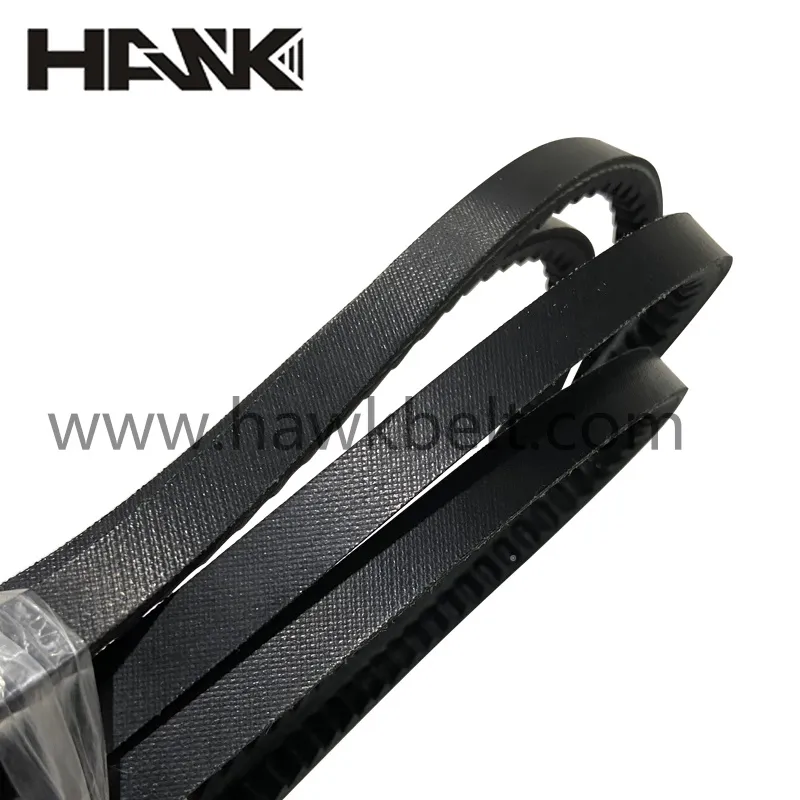- Arabic
- French
- Russian
- Spanish
- Portuguese
- Turkish
- Armenian
- English
- Albanian
- Amharic
- Azerbaijani
- Basque
- Belarusian
- Bengali
- Bosnian
- Bulgarian
- Catalan
- Cebuano
- Corsican
- Croatian
- Czech
- Danish
- Dutch
- Afrikaans
- Esperanto
- Estonian
- Finnish
- Frisian
- Galician
- Georgian
- German
- Greek
- Gujarati
- Haitian Creole
- hausa
- hawaiian
- Hebrew
- Hindi
- Miao
- Hungarian
- Icelandic
- igbo
- Indonesian
- irish
- Italian
- Japanese
- Javanese
- Kannada
- kazakh
- Khmer
- Rwandese
- Korean
- Kurdish
- Kyrgyz
- Lao
- Latin
- Latvian
- Lithuanian
- Luxembourgish
- Macedonian
- Malgashi
- Malay
- Malayalam
- Maltese
- Maori
- Marathi
- Mongolian
- Myanmar
- Nepali
- Norwegian
- Norwegian
- Occitan
- Pashto
- Persian
- Polish
- Punjabi
- Romanian
- Samoan
- Scottish Gaelic
- Serbian
- Sesotho
- Shona
- Sindhi
- Sinhala
- Slovak
- Slovenian
- Somali
- Sundanese
- Swahili
- Swedish
- Tagalog
- Tajik
- Tamil
- Tatar
- Telugu
- Thai
- Turkmen
- Ukrainian
- Urdu
- Uighur
- Uzbek
- Vietnamese
- Welsh
- Bantu
- Yiddish
- Yoruba
- Zulu
Сеп . 19, 2024 05:03 Back to list
belt conveyor machine
The Importance of Belt Conveyor Machines in Modern Industry
Belt conveyor machines are essential components in many industrial operations, playing a critical role in the efficient movement of materials. From manufacturing plants to distribution centers, these machines streamline processes, reduce labor costs, and enhance productivity. As industries strive for efficiency, the significance of belt conveyor systems continues to grow.
At its core, a belt conveyor consists of a wide loop of material, typically made of rubber or fabric, that continuously moves around two or more pulleys. The belt serves as the medium for transporting products, materials, or waste within a facility. What makes belt conveyors so advantageous is their ability to carry a wide variety of items, ranging from heavy loads to smaller components, without the need for manual handling.
One of the primary benefits of using belt conveyor machines is their efficiency in facilitating the movement of goods. In industries such as mining, manufacturing, and logistics, moving materials from one location to another can be time-consuming and labor-intensive. With belt conveyors, materials can be transported quickly and safely over long distances. This efficiency not only increases productivity but also allows workers to focus on higher-value tasks.
Moreover, belt conveyor systems can be customized to meet the specific needs of different industries. These machines can be designed to handle various types of materials, including bulk items, packaged goods, and even fragile products. Depending on the application, conveyors can operate at different speeds, inclines, and configurations. For instance, inclined belt conveyors are ideal for transporting materials between different levels of a facility, while horizontal conveyors are commonly used for straightforward, flat surfaces.
belt conveyor machine

Maintenance is another critical aspect of belt conveyor systems. Regular inspections and proper upkeep can significantly extend the lifespan of the equipment. Common maintenance practices include checking for belt wear, ensuring proper tension, and lubricating bearings. By implementing a proactive maintenance strategy, industries can avoid costly downtime and ensure that their operations run smoothly.
Safety is also a paramount consideration in operating belt conveyor systems. To mitigate the risks associated with moving parts, many modern conveyor designs incorporate safety features such as emergency stop buttons, guardrails, and automatic shutoff mechanisms. Training employees on safe operating procedures further enhances workplace safety.
In recent years, advancements in technology have led to the development of smart conveyor systems equipped with sensors and automation capabilities. These innovations allow for real-time monitoring of material flow, predictive maintenance, and integration with other automated systems. As industries continue to embrace automation, the role of belt conveyor machines is becoming increasingly sophisticated.
In conclusion, belt conveyor machines are invaluable in modern industry, providing efficient and flexible solutions for material handling. Their ability to enhance productivity, coupled with continuous technological advancements, ensures that they remain a fundamental part of industrial operations. As businesses seek to optimize their processes, the demand for innovative and reliable belt conveyor systems will undoubtedly continue to rise.
-
Korean Auto Parts Timing Belt 24312-37500 For Hyundai/Kia
NewsMar.07,2025
-
7PK2300 90916-T2024 RIBBED BELT POLY V BELT PK BELT
NewsMar.07,2025
-
Chinese Auto Belt Factory 310-2M-22 For BMW/Mercedes-Benz
NewsMar.07,2025
-
Chinese Auto Belt Factory 310-2M-22 For BMW/Mercedes-Benz
NewsMar.07,2025
-
90916-02660 PK Belt 6PK1680 For Toyota
NewsMar.07,2025
-
drive belt serpentine belt
NewsMar.07,2025

